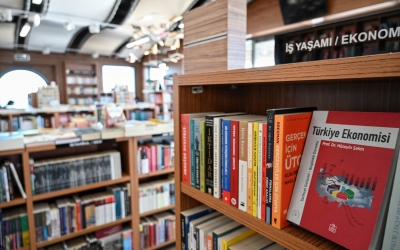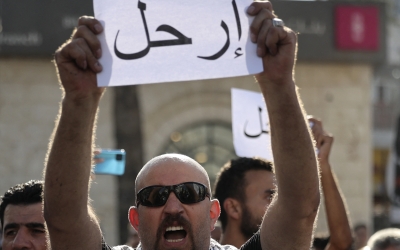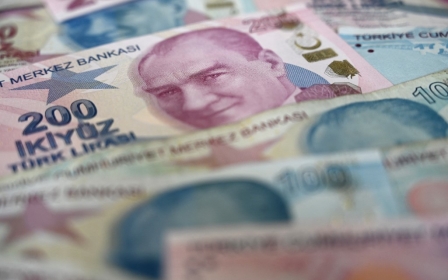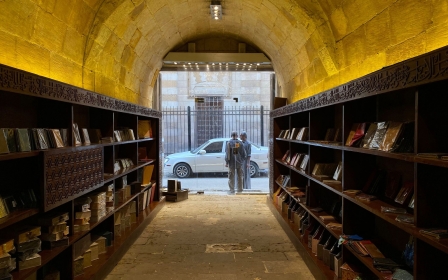Arab press review: Fall of Turkish lira may affect Egyptian tourism
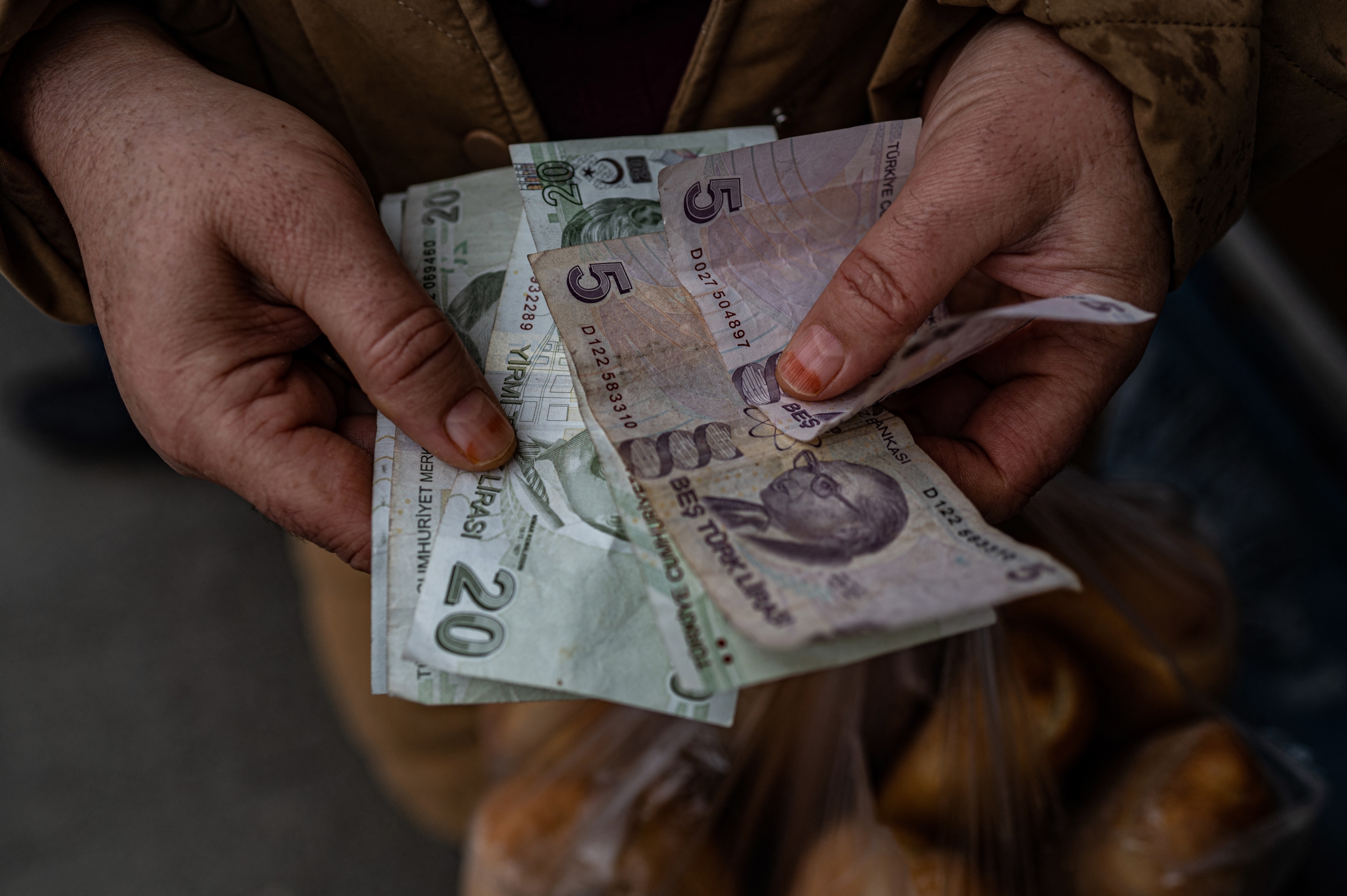
Egyptian tourism may suffer from collapse of Turkish lira
An official in Egypt confirmed that the decline of the exchange rate of the Turkish lira would inevitably affect the competitiveness of Egyptian products and would harm the tourism sector in Egypt, according to the London-based Al-Araby Al-Jadeed newspaper.
The source, who works in the exports division of the Egyptian Chamber of Commerce, said that "even after the rise in commodity prices in Turkey, their final prices will be competitive with the Egyptian products, especially [because] the national products [are] tied up with many production costs such as taxes, fees, fuel prices.
"The government must ease such burdens so the Egyptian goods can compete."
However, he said that the tourism sector will be the most affected by the Turkish financial crisis.
"This decline against the dollar will attract more tourists to Turkey, which will affect Egypt's share of these numbers, especially in light of Turkish adeptness in attracting tourists, which Egypt lacks," he said.
The official also highlighted the high costs facing tourists in Egypt, in comparison with Turkey. A one-week stay in Turkey costs $636 (10,000 Egyptian pounds) including the ticket, while the same amount would only cover a week in a second-class hotel in Hurghada, a coastal city in Egypt, according to the newspaper.
Turkey is grappling with a severe currency crisis in which the lira has lost 44 percent of its value against the dollar in the last year.
The currency rebounded from an all-time low of 18.4 against the dollar last week after the introduction of a state scheme to protect local deposits from depreciation losses versus hard currencies.
Islamic countries reject US pressure to normalise with Israel
Palestinian Foreign Minister Riyad al-Maliki has said that Arab and Muslim countries have rejected United States pressure to force them to normalise their relations with Israel, according to the Turkish Anadolu Agency.
Maliki on Wednesday indicated that "among the countries targeted by the US pressure are Indonesia, Malaysia, the Comoros islands and the Maldives."
"We were officially informed by these countries that the US administration officials visited their capitals and urged them to normalise relations with Israel," Maliki said.
Maliki said that the states made it clear that normalisation with Tel Aviv is conditional on Israel ending its occupation of the Palestinian territories, and the establishment of an independent Palestinian state along the 1967 borders, with East Jerusalem as its capital.
Maliki praised their position in the face of the pressure campaign mainly led by the United States, and not by Israel.
Israeli newspaper Yedioth Ahronoth on Tuesday said that talks are underway with Comoros and the Maldives to establish relations with Israel.
Morocco fires imam over Facebook post
Morocco's Ministry of Religious Endowments and Islamic Affairs has dismissed a mosque preacher in the western city of Kenitra after deeming his social media posts as "political", according to the Moroccan Alyaoum24 website.
The decision was announced in an official letter issued to Rachid Benkirane, the preacher, in which he was informed that he can no longer give sermons at the mosque because he published political opinions on Facebook.
"Through your Facebook page, you have been discussing topics of a political nature, which contradicts the text of Article No 7 of the Dahir Sharif (religious law) relating to regulating the tasks of religious employees and determining their status," the letter read.
The letter clarified that this article prohibits religious employees throughout their duties from engaging in any political or union activity or from taking any position of a political or union nature.
Benkirane had recently appealed for "allowing sermons and preaching lectures within mosques", which some sources said was behind the decision to dismiss him, according to the website.
*Arabic press review is a digest of news reports not independently verified as accurate by Middle East Eye
Middle East Eye propose une couverture et une analyse indépendantes et incomparables du Moyen-Orient, de l’Afrique du Nord et d’autres régions du monde. Pour en savoir plus sur la reprise de ce contenu et les frais qui s’appliquent, veuillez remplir ce formulaire [en anglais]. Pour en savoir plus sur MEE, cliquez ici [en anglais].


